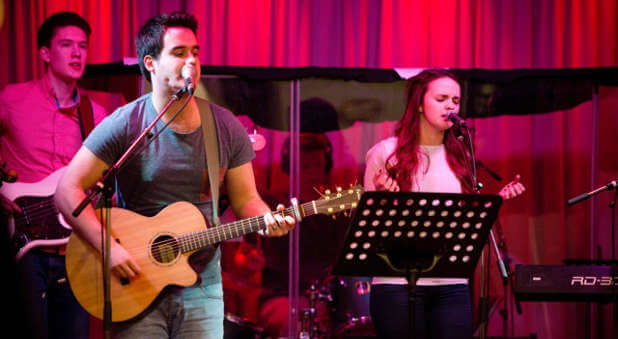I had the opportunity this year to speak at a leadership event at Ivy Church in Manchester, England. The pastor is Anthony Delaney, who’s done a brilliant job building a multi-site church in a city that’s experiencing enormous growth in business, media and education.
As a result, Ivy has a great number of millennial members, and it’s making an enormous impact. Keep in mind this is during a time when many established churches are shrinking—so much so that many denominations such as the Methodists and Church of England are looking for ways to partner and sometimes even give some of their buildings to growing churches like Ivy.
When I asked Anthony if he’d considered taking one of those magnificent buildings, he surprised me. He said “No.”
He told me that while some Church of England congregations like Holy Trinity Brompton are doing remarkably strategic things, most young people in England have such a negative perception of “church” that he’d rather launch a new campus in a bar or warehouse. They won’t come to anything that looks like a “traditional” church but will visit another site that seems familiar.
Think about that for a moment. The perception of “church” for this generation in the United Kingdom is so negative that it’s often more effective to start a church in a local bar than in a traditional church building.
Anthony also pointed me to a survey the Church of England did about 15 years ago for a report called Youth A Part which asked young people what would be the nearest feeling or perception they could think of that would compare to stepping through the door of a church building they had never been in before. The box most checked by far was that it was comparable to going into a public toilet in a strange part of town.
Anthony understands the culture in which he’s working. The question is, what will it take to turn that culture around? {eoa}
An internationally known writer and speaker, Phil Cooke has actually produced media programming in nearly 50 countries around the world. In the process, has been shot at, survived two military coups, fallen out of a helicopter and in Africa, been threatened with prison. And during that time—through his company, Cooke Pictures, in Burbank, California—he’s helped some of the largest nonprofit organizations and leaders in the world use the media to tell their story in a changing, disrupted culture.
For the original article, visit philcooke.com.











































